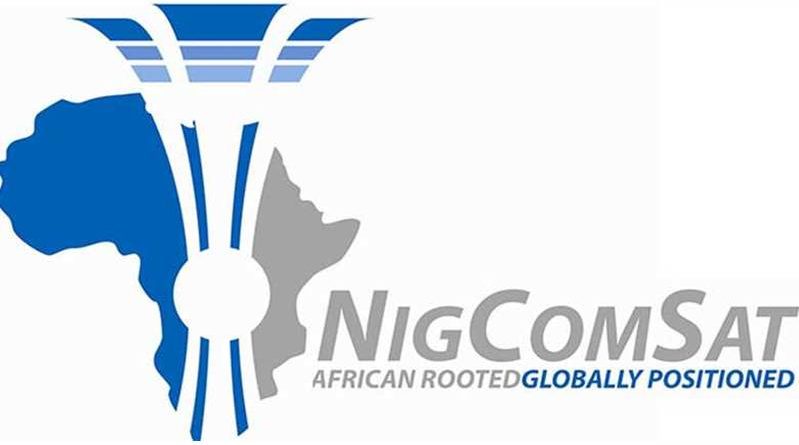NIGCOMSAT Accelerator Program For Nigerian Startups Innaugurated in Abuja
The Nigerian Communications Satellite (NIGCOMSAT) has taken a major step towards promoting technological innovation by officially launching its NIGCOMSAT Accelerator Program in Abuja. The programme, which was unveiled at the Communication and Digital Economy Complex, aims to drive advancements in satellite technology and strengthen Nigeria’s position in the global tech industry.
The launch event, attended by influential figures from the tech sector and government, highlighted the crucial role of NIGCOMSAT in driving economic growth and digital transformation.
The chairmen of the Senate and House Committees on Cybersecurity and ICT praised the initiative, emphasizing its potential to foster innovation, create job opportunities, and bridge the digital divide, ultimately paving the way for the digital future that many aspire to.
During his goodwill speech, Senator Afolabi Salisu expressed his pride in the initiative and stressed the need for stakeholders to continuously assess the roles and responsibilities of the country’s government agencies.
Senator Salisu further emphasized that these agencies must prioritize addressing the challenges faced by the nation and develop solutions to improve the living standards of ordinary Nigerians.
He stated, “We can no longer simply be government agencies that perform routine duties assigned to our organizations. Let us break free from conventional practices because our country is currently facing significant challenges. Technology plays a crucial role in overcoming these challenges.”
The Senator urged all agencies within the digital economy to collaborate more closely with each other to provide tailored solutions to the nation’s problems. He also highlighted the importance of working with the National Assembly, as parliamentarians can be valuable partners in the efforts to reposition Nigeria.
Ms Jane Egerton-Idehen, the MD/CEO of NIGCOMSAT, emphasized that the launch aligns with the agency’s vision to drive innovation in the satellite industry, particularly within Africa.
She highlighted that this initiative will demonstrate how technology-enabled products can effectively address everyday challenges faced by the average Nigerian.
Ms Egerton-Idehen disclosed that NIGCOMSAT will collaborate with 20 startups from various sectors for this accelerator program. She further explained that although their projects differ, they all share a common foundation, which is the utilization of technology that relies on satellite connectivity to offer solutions tailored to the needs of Nigerians.
She emphasized the importance of broadband access in implementing these solutions. Additionally, she mentioned that the agency considered the demand for the startups’ products during the selection process, as there is no value in solving problems that do not require solutions.
The composition of the teams involved also played a significant role in the accelerator program’s selection process. The NIGCOMSAT CEO highlighted that this project greatly contributes to bridging the digital divide.
Ms Egerton-Idehen stated, “I believe this is a significant endeavor. One of NIGCOMSAT’s distinguishing factors is our willingness to reach places others wouldn’t. We prioritize serving the unserved and unreached areas.”
She further explained, “Innovation and economic activities have predominantly been concentrated in urban areas and cities. However, we must not neglect rural areas. Inclusion is crucial, and NIGCOMSAT can facilitate this by ensuring that economic activities and the digital economy are accessible to all. Regardless of whether these startups originate from urban or rural areas, we are taking them to the locations where people need their solutions to address problems.”
In regards to revenue generation, the CEO of NIGCOMSAT has provided assurance that the project will undeniably yield substantial revenue for the country. This confidence stems from the fact that the solutions being offered are in high demand by the public, resulting in millions of individuals being willing to pay for the services that will be provided. 1




